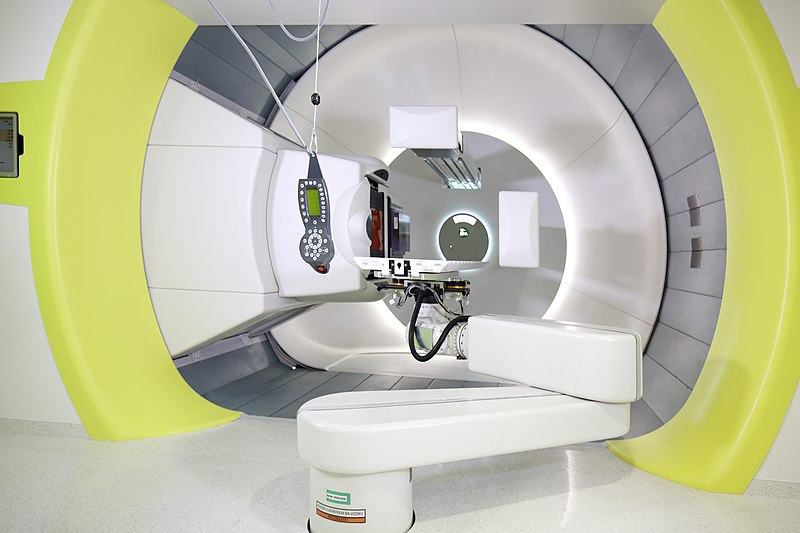Prostate cancer is a prevalent disease that affects a large number of men worldwide. Traditional treatment options for prostate cancer include surgery, chemotherapy, and radiation therapy. However, advancements in medical technology have introduced a more targeted and precise form of radiation therapy known as proton therapy. This article will explore the benefits of proton therapy for prostate cancer and how it can be a game-changer in treating this condition.
Prostate cancer is a significant health concern affecting men, with early detection and effective treatment being crucial for successful outcomes. Proton therapy has emerged as an innovative radiation therapy technique that offers several advantages over conventional treatment options.
Understanding Proton Therapy
This therapy is a form of radiation therapy that utilises protons, which are charged particles, to target and destroy cancer cells. Unlike traditional radiation therapy, which employs X-rays or photons, proton therapy delivers radiation directly to the tumour while minimising damage to surrounding healthy tissues.
Precise Targeting of Cancer Cells
One of the primary benefits is its ability to target cancer cells precisely. Protons have a unique characteristic called the Bragg peak, which allows them to release most of their energy at a specific depth within the tumour. This precision significantly reduces radiation exposure to healthy tissues and organs, minimising the risk of side effects.
Reduced Side Effects
Compared to conventional radiation therapy, proton therapy offers a reduced risk of side effects. By sparing healthy tissues, such as the bladder and rectum, from unnecessary radiation exposure, patients undergoing proton therapy experience fewer short-term and long-term side effects commonly associated with other treatment options.
Preserving Healthy Tissues
Prostate cancer often requires long-term treatment, and preserving the quality of life for patients is paramount. Proton therapy’s ability to spare healthy tissues and minimise damage to critical structures, such as the nerves responsible for urinary and sexual function, helps maintain the patient’s overall well-being during and after treatment.
Enhanced Treatment Efficacy
The precise targeting capabilities of proton therapy allow higher radiation doses to be delivered directly to the tumour, increasing treatment efficacy. This is particularly advantageous for aggressive or recurrent prostate cancers, where higher radiation doses are necessary for optimal tumour control.
Proton Therapy for Complex Cases
Proton therapy offers an effective treatment option for complex cases of prostate cancer. For instance, when the tumour is located near critical structures or in cases where previous radiation therapy has been administered, proton therapy’s precision can be instrumental in delivering radiation safely and effectively.
Shorter Treatment Duration
This therapy typically requires a shorter treatment duration compared to conventional radiation therapy. While traditional treatments may span several weeks, proton therapy can often be completed within a few weeks, allowing patients to resume their daily activities and routines sooner.
Potential Cost-Effectiveness
Although proton therapy is a cutting-edge treatment, its cost-effectiveness is an aspect that is gaining attention. As technology advances and more treatment centres adopt proton therapy, the cost of the treatment may become more affordable and accessible.
Proton Therapy and Quality of Life
By minimising side effects and preserving healthy tissues, proton therapy significantly improves the quality of life for patients undergoing treatment. Reducing adverse effects and preserving essential bodily functions contribute to better overall well-being during and after prostate cancer treatment.
Growing Availability
As the benefits become increasingly recognised, the availability of this treatment option is expanding. More medical centres and hospitals are incorporating proton therapy for prostate cancer into their programs, ensuring more patients have access to this advanced form of treatment.
Conclusion
Proton therapy offers significant advantages for the treatment of prostate cancer. Precise targeting of cancer cells, reduced side effects, preservation of healthy tissues, and potential cost-effectiveness represents a promising treatment modality. As the availability of proton therapy increases, more patients can benefit from this innovative approach to prostate cancer treatment.

